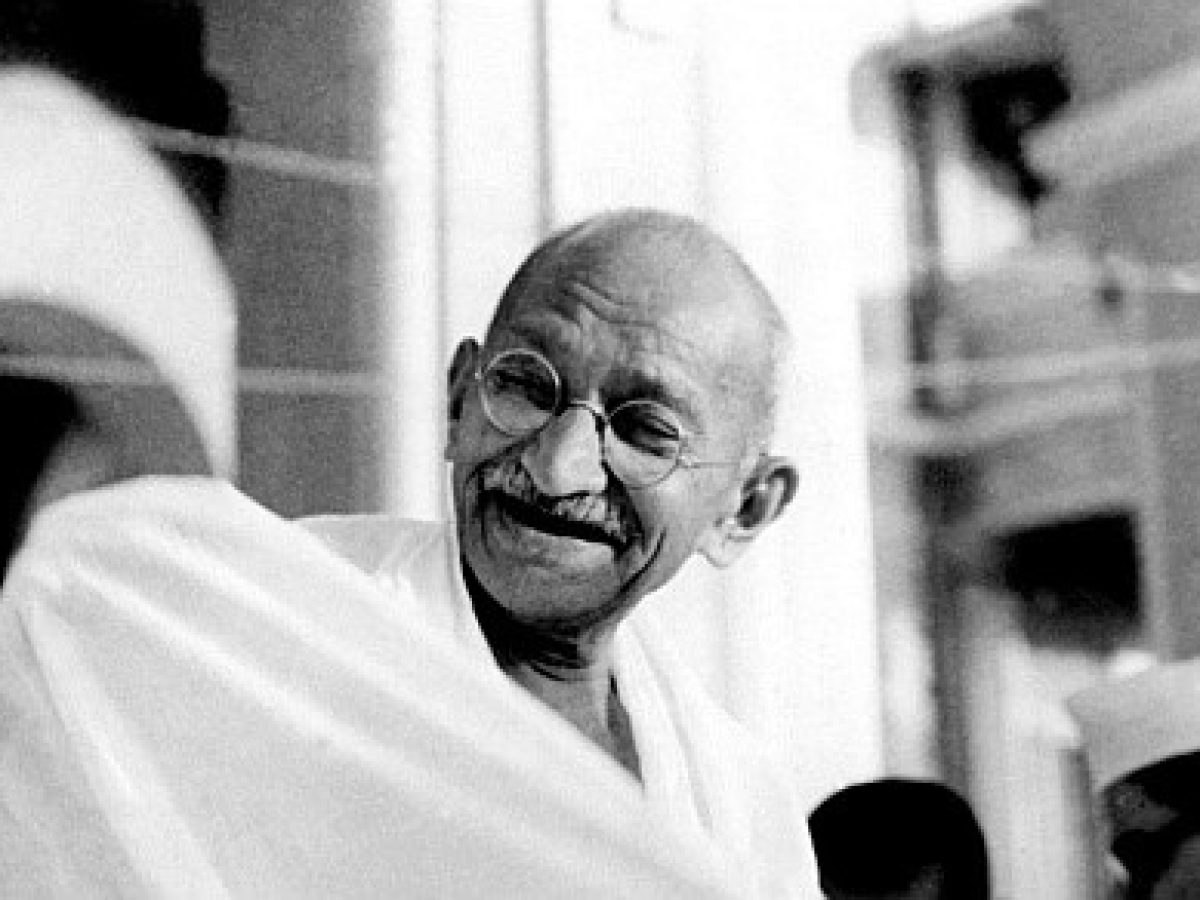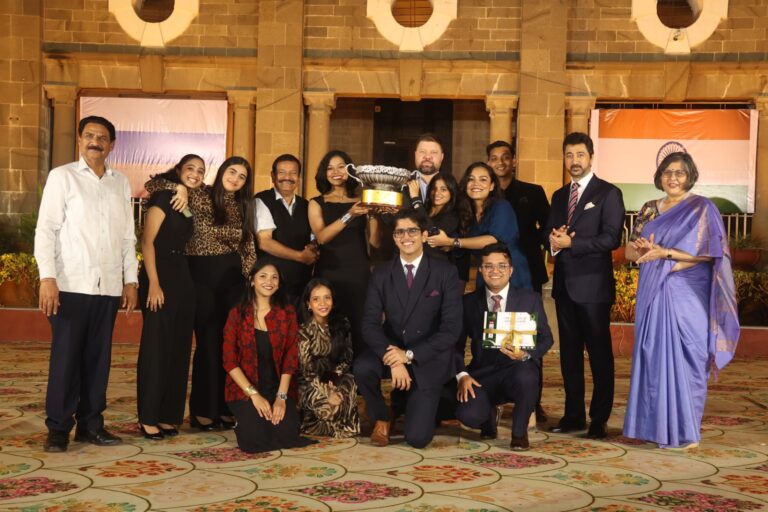
#Mahatma Gandhi
Gandhi Jayanti, celebrated on October 2nd every year, marks the birth anniversary of Mohandas Karamchand Gandhi, also known as Mahatma Gandhi. It is a day to commemorate the life and legacy of one of the most influential figures in the history of India and the world. Gandhi, a proponent of non-violence and civil disobedience, played a pivotal role in India’s struggle for independence from British colonial rule. His principles and actions continue to inspire millions of people globally.
The Life of Mahatma Gandhi
Mahatma Gandhi, who was born in Porbandar, Gujarat, in 1869, led an extraordinary life that was devoted to the values of honesty, nonviolence, and simplicity. He completed his legal education in London before practicing law in South Africa, where he started his advocacy work for Indian immigrants’ rights. He created the idea of Satyagraha, or passive resistance, in South Africa, which would later serve as the foundation of his philosophy.
Gandhi joined the Indian National Congress upon his return to India and organized numerous non-violent demonstrations, including as the renowned Salt March in 1930, to protest British repression. Many were moved by his dedication to non-violence, and he earned the title “Mahatma,” which means “Great Soul.”
Key Principles of Mahatma Gandhi
- Non-Violence (Ahimsa): Gandhi believed that non-violence was the most potent weapon for oppressed people to achieve social and political change. He advocated for peaceful resistance to injustice and believed in addressing conflicts through dialogue rather than violence.
- Truth (Satya): Gandhi considered truth to be the foundation of his philosophy. He emphasized the importance of honesty and transparency in all aspects of life.
- Simplicity (Sarvodaya): Gandhi led a simple life, wearing hand-spun khadi clothes and living in ashrams. He believed in self-sufficiency and self-reliance, encouraging people to adopt a simple and sustainable lifestyle.
- Self-Discipline (Tapasya): Gandhi practiced self-discipline in his daily life, which included fasting, prayer, and meditation. He believed in the power of self-control to overcome personal and societal challenges.
Gandhi Jayanti Celebrations
In India and other areas of the world, Gandhi Jayanti is observed with great fervor. Here are a few typical examples of how it is noticed:
- Prayer Services: People visit Gandhi’s memorial in New Delhi, known as Raj Ghat, to pay their respects. Prayer services and bhajans (devotional songs) are performed at the memorial.
- Tributes and Speeches: Educational institutions, government offices, and organizations organize events to remember Gandhi’s life and teachings. Tributes and speeches are delivered to highlight the significance of his contributions.
- Art and Cultural Programs: Schools and colleges often organize cultural programs, including plays, skits, and art exhibitions, to showcase Gandhi’s life and his impact on Indian history.
- Cleanliness Drives: Gandhi was a strong advocate of cleanliness and sanitation. In honor of his legacy, cleanliness drives and awareness campaigns are conducted in many places.
- Non-Violence Pledges: People take pledges to practice non-violence and promote peace in their communities, echoing Gandhi’s message of non-violent resistance.
Gandhi Jayanti serves as a reminder of the Gandhian philosophy’s ongoing influence and his crucial contribution to India’s independence movement. People all throughout the world are still motivated to struggle for justice, equality, and peace by his guiding ideals of truth, nonviolence, simplicity, and self-discipline. On this day, we not only honor the Mahatma but also work to live up to his enduring ideals in order to promote a more compassionate and just society.






